Corruption a big concern
The UN Committee on Economic, Social and Cultural Rights (UNCESCR) has expressed concern over the pervasiveness of corruption and its devastating impact on the disadvantaged and marginalised people in Bangladesh.
It also expressed concern over “widespread clientelism”, which manipulates allocation of public fund and services, and the Anti-Corruption Commission's “inefficiency” in combating graft.
At a press conference, Human Rights Forum Bangladesh (HRFB), a platform of 20 rights and development organisations, yesterday highlighted a set of concerns and recommendations adopted by the UN body during its 63rd session in Geneva on March 12-29.
The forum members include Ain o Salish Kendra (ASK), Transparency International Bangladesh (TIB), Bangladesh Legal Aid and Services Trust (BLAST), Manusher Jonno Foundation (MJF), Nagorik Uddyog, Acid Survivors Foundation (ASF) and Steps Towards Development (Steps).
A body of 18 independent experts, UNCESCR took the initial report of Bangladesh government on the implementation of the International Covenant on Economic, Social and Cultural Rights into consideration while coming up with the observations, says an HRFB release.
Bangladesh became signatory to the 1966 covenant in 1998. The government submitted the initial report in June last year.
In the UN committee session, a 24-member multi-ministerial delegation, headed by State Minister for Foreign Affairs M Shahriar Alam, represented the government. An HRFB delegation attended the session, and submitted a “shadow” report. The UN body also informally discussed various issues with the HRFB team, says the release.
Speaking at yesterday's briefing at the Jatiya Press Club, TIB Executive Director Iftekharuzzaman said the state had to make sure that freedom of expression prevailed in the country.
“If there is no freedom of expression, there will be no opportunity to say whose and what rights are shrinking,” he said.
He also said that all the organisations should run freely.
The ACC must use its own legal and organisational powers to combat corruption, he said, adding it was important that the corruption watchdog demonstrated its capacity independently, regardless of anyone's status or position.
“The ACC has to establish through its activity that everyone is equal in the eyes of the law,” he added.
HRFB Coordinator Tamanna Hoq Riti said the UNCESCR lauded Bangladesh's progress in many areas, including in poverty reduction and gender equality.
However, it recommended that Bangladesh take concrete steps to improve public governance and ensure transparency in the conduct of public affairs, she said.
UNCESCR also recommended that the anti-corruption legislation is enforced strictly and all, including high-level officials and politicians, involved in graft are prosecuted without exception.
It further recommended that ACC become more independent and efficient.
The UN body suggested that Bangladesh should fully incorporate the Covenant rights into its domestic legal order with a constitutional rank equal to that of civil and political rights, and that these rights are applied by the local courts at all levels.
Expressing concern over the accreditation of National Human Rights Commission of Bangladesh with a “B-status” by the Global Alliance of National Human Rights Institutions, UNCESCR called for strengthening the commission's independence by allocating adequate funds.
It also expressed concern over repeated reports of shrinking space for human rights defenders, including journalists, trade union activists and civil society activists, and dissenting voices generally.
The UNCESCR recommended that the authorities ensure safe and favourable environment for human rights defenders and hold close consultation with them with a view to removing restrictive provisions, including Section 57 of the Information Communication and Technology Act and similar provisions in the draft Digital Security Act, 2018.
The state party should intensify its efforts to implement the Chittagong Hill Tracts Accord of 1997.
The UN body also recommended that Bangladesh ensure strategies and execute action plans on climate change, and implement laws to make sure that all ethnic minorities are legally recognised and enjoy their cultural rights.
Lauding Bangladesh's effort to host about a million Rohingya refugees, the committee recommended taking effective measures to recognise their legal status with a view to ensuring their access to livelihood and healthcare.
It recommended that the state party ensures gender equality, and establish a national minimum wage that applies universally to all workers, and redouble its efforts to reduce and prevent occupational accidents.
It said birth registration rate was low in Bangladesh.
Expressing concern over still high incidence of child marriage, the committee recommended that the country amend the Child Marriage Restriction Act-2017 to include provisions declaring such marriages void, and repeal the provision providing for special cases that allow child marriage.

 For all latest news, follow The Daily Star's Google News channel.
For all latest news, follow The Daily Star's Google News channel. 

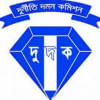
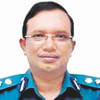

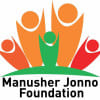
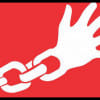

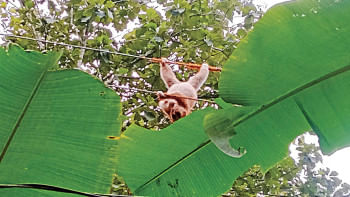
Comments